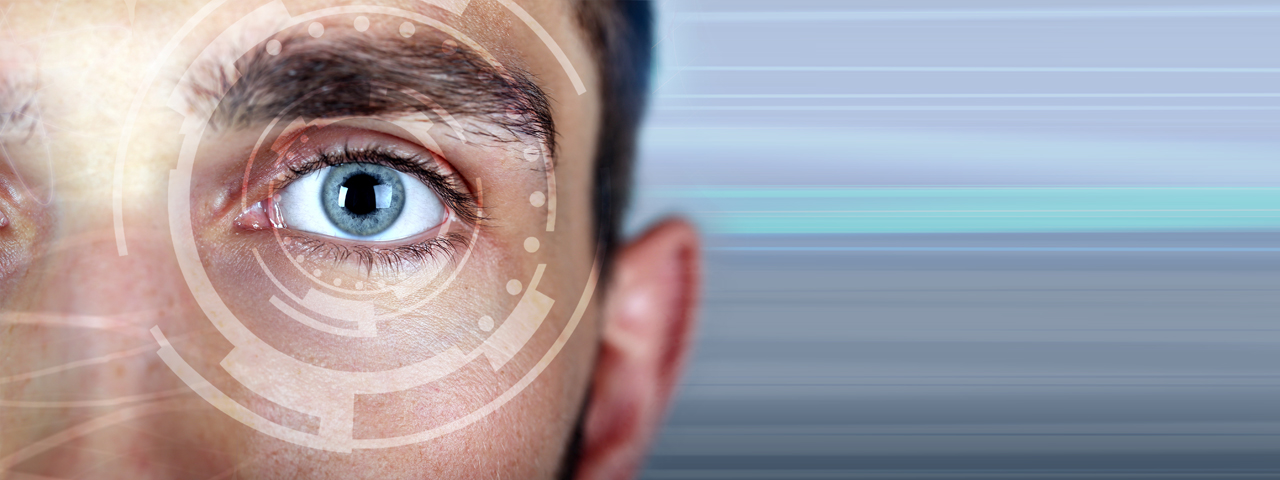Dry eye syndrome (DES) is a chronic condition that develops when your eyes do not produce and maintain enough tears to keep the eye’s surface lubricated resulting in multiple symptoms that range from person to person.
This can be due to a reduction in tear production or increased tear evaporation from a lack of lipid in the tears that stem from oil glands in the eyelids. The effects can range from minor dryness and discomfort to pain, blurred vision and frequent infections.
Causes Of Dry Eye Disease
Treatment For Dry Eye
Dry eye disease won't have a permanent effect on your vision, but there is no reason to endure dry, itchy and uncomfortable eyes, especially since there are so many treatment options to increase moisture and comfort. It’s also important to realize that this is a chronic disease that needs consistent treatment. Your doctor will work with you to create a long term strategy to keep your eyes as comfortable as possible.




More severe cases of dry eyes might be treated with a punctal insert which is a tiny insert containing a slow-release lubricating substance that is placed inside the lower eyelid. Since DED is often related to eyelid inflammation known as blepharitis your doctor may prescribe a heated hot compress mask, specialty eyelid scrubs and sometimes an antibiotic ointment. Finally, punctal plugs might be recommended for severe cases which would be inserted into the tear ducts to reduce the tear drainage in your eyes to keep them from drying out.
If the cause of your dry eyes is something external or environmental, eliminating that cause may solve the problem and resolve the symptoms. Avoid dry environments, hair dryers, heaters and fans, (particularly directed toward the eyes) and smoky environments and wear eye protection such as wrap around glasses or goggles when in dusty or windy areas.
Use a humidifier to add moisture to dry indoor air. If working on computer or watching television, make sure to blink purposefully as our natural tendency is to reduce our blink rate when staring at a screen. Also avoid rubbing your eyes as this can further irritate them. Staying hydrated by drinking at least 8 to 10 glasses of water per day can also help.
In cases where discontinuation or switching to different medications is possible this can eradicate symptoms. Your doctor may also recommend that you limit or refrain from contact lens use for a certain amount of time or switch to a different brand or type of contact lens which will reduce dehydration.





